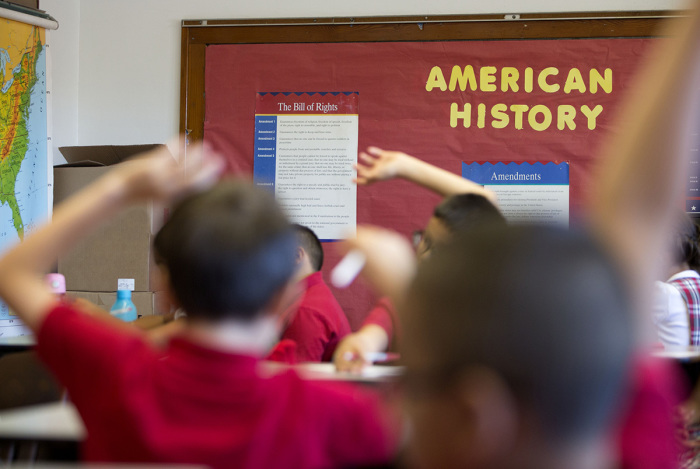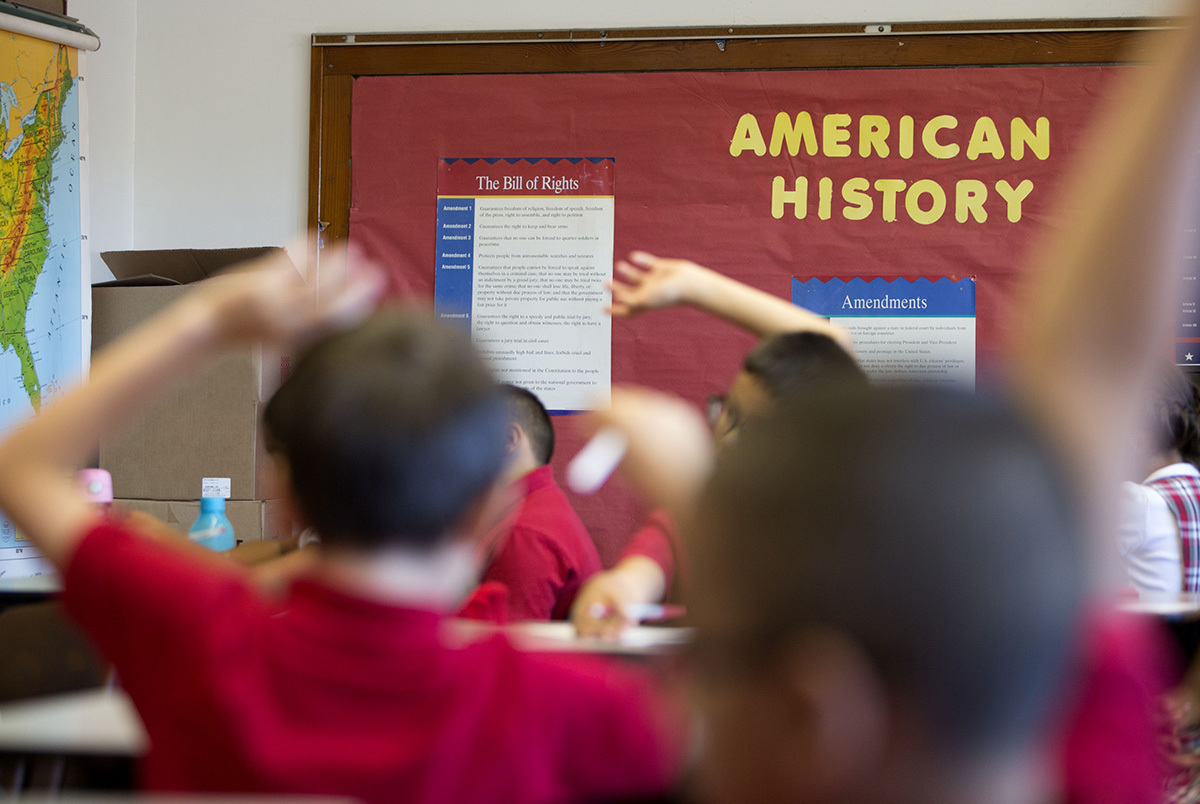
A federal court has ordered the Hawaii State Department of Education and six individual elementary schools to allow Child Evangelism Fellowship’s after-school Bible clubs to operate on public campuses just like any other club. The directive comes months after CEF sued education officials for blocking their student clubs from operating in four local school districts.
The preliminary injunction protects the Good News Clubs from viewpoint discrimination and compels school officials to respond promptly to facility-use applications, said the legal group Liberty Counsel, which represented CEF.
This decision stems from a lawsuit filed in January 2024, alleging that the Hawaii Department of Education and six schools had continuously denied the Good News Clubs access to school facilities over three years, citing instances of what the Liberty Counsel described as “blatant religious discrimination.”
During the legal proceedings, it emerged that one school had explicitly barred the club based on its religious nature, while another rejection was attributed to a misinterpretation of school policies.
“This is a great victory for Child Evangelism Fellowship, parents, and the students in Hawaii public schools,” said Mat Staver, Founder and Chairman of Liberty Counsel. “The U.S. Supreme Court has ruled that public schools cannot discriminate against Christian viewpoints regarding use of school facilities,” he pointed out. “Child Evangelism Fellowship gives children a safe space that offers moral and character development from a Christian viewpoint.”
Child Evangelism Fellowship of Hawaii had established Good News Clubs in over a dozen schools across Oahu and other islands before the pandemic. However, despite the restoration of after-school programs in 2022 following COVID-19 restrictions, the Department of Education, led by four superintendents and other officials, denied all requests from CEF to restart its programs. They rejected every appeal, allowing access only to other similar groups.
The Good News Clubs aim to provide a safe space for children for spiritual growth and moral character development. These clubs, which meet weekly immediately after school, are managed by trained local volunteers and offer religious teachings alongside activities promoting learning, service and leadership development. The clubs are free and open to children who have written permission from their parents.
In their complaint filed in the U.S. District Court of the District of Hawaii, CEF Hawaii named several defendants, including Hawaii Department of Education and Education Superintendent Keith Hayashi; and other area superintendents such as Rochelle Mahoe, Linell Dilwith, Janette Snelling and Richard Fajardo.
The complaint argued that the denials of access violated constitutional rights under the First and Fourteenth Amendments by preventing the clubs from communicating with students on equal footing with secular organizations such as the Girl Scouts and Cub Scouts.
“Good News Clubs should be in every public elementary school,” Staver remarked.
In 2001, the U.S. Supreme Court ruled 6-3 in Good News Club v. Milford Central School that public schools could not ban the Christian student group from meeting on their property after class hours solely because the club was religious in nature.







